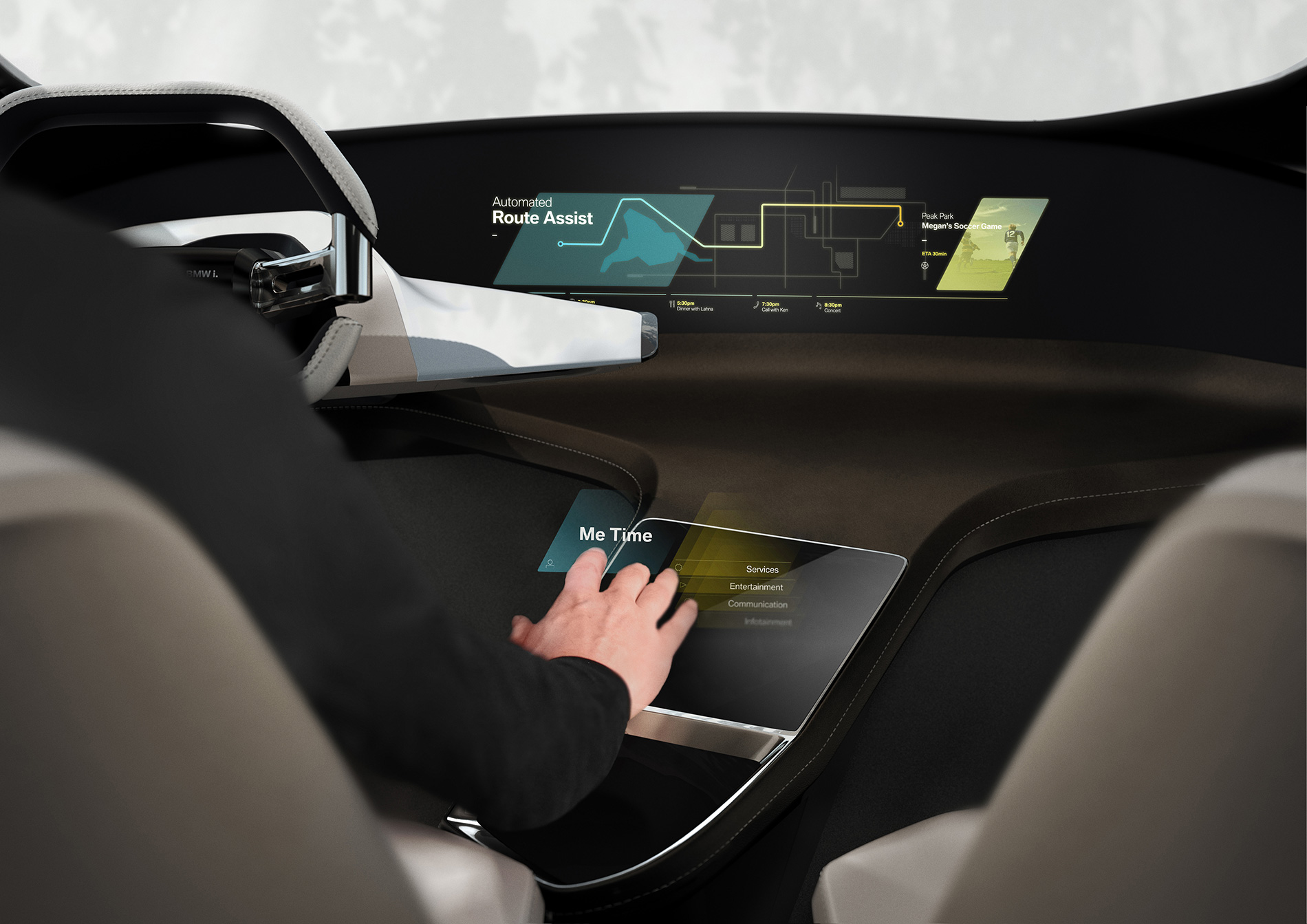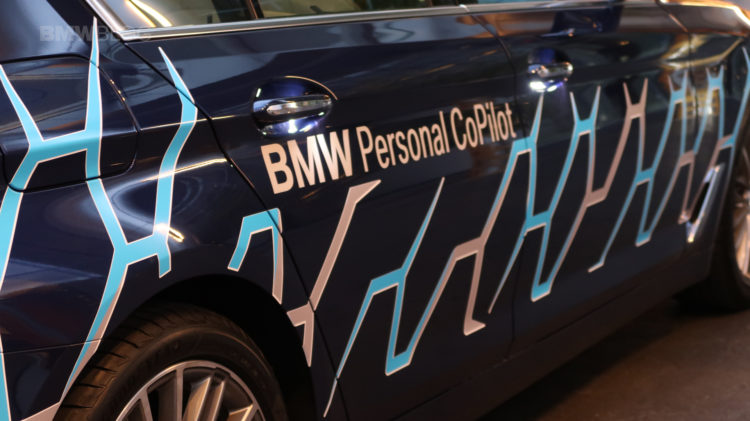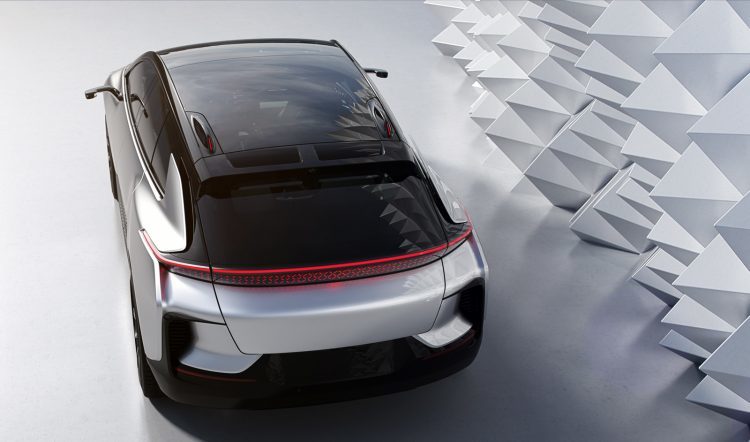The 50th CES (formerly called the Consumer Electronics Show) took place from 5 to 8 January in Las Vegas, Nevada. As the auto industry moves towards autonomous technology and EVs, CES has become an important trade fair for the companies to show their latest concepts and prototypes and outline their future plans. Carmakers, from BMW and Daimler to Nissan and Toyota and suppliers like Bosch, Bose and Continental, all took part in CES 2017 and after spending a couple of days at the event, here are five takeaways from the show.
Partnerships Will Be Key For Connected Cars
The shift towards newer car technologies is taking place at such a rate that companies don’t have enough resources to do everything by themselves.
In its keynote speech, Honda noted that it’s “open to innovative partnerships” for developing connected cars and Renault is even offering an open-source car (based on the Twizy) that can be used by start-ups and researchers to make “creative apps” or EV hardware.
Outsourcing will be crucial- so we will see carmakers bank upon Panasonic and LG Chem for EV batteries, Waymo, Nvidia, Intel, Microsoft and Mobileye for autonomous, AI and other in-car tech and HERE and Google for the maps.
Fully Autonomous Cars Are Still Some Years Away
Every auto company spoke about self-driving cars at CES and the likes of BMW and Hyundai even had live demonstrations.
However, fully autonomous cars still appear to be five to ten years away. Mercedes says that the technology won’t boom before 2020 and Toyota believes that no company is even close to having a zero-fatality, self-driving car.
“None of us in the automobile or IT industries are close to achieving true Level 5 autonomy,” said Gill Pratt, CEO of the Toyota Research Institute. “It will take many years of machine learning and many more miles than anyone has logged of both simulated and real-world testing to achieve the perfection required.”
Cars Will Do a Lot More than Transportation
At its unveiling of the Portal Concept, Chrysler talked about how cars will become the ‘third space’ for humans in the future (other two being their homes and offices).
You won’t use them to just go from point A to B. Rather, you will be able to do your work and interact with an intelligent personal assistant when traveling in them and power your homes or earn money via ride-sharing when not using them.
BMW and Nissan are already talking about integrating Microsoft Cortona into their vehicles and Ford is set to become the first company put Amazon Echo in its cars.
There’s Still Scope for the Purists
No carmaker at CES said that it would remove the option for drivers to drive the cars themselves. Instead, as BMW and Porsche have said in the past, the consensus is that autonomous functions will provide an option to let the computers do the driving when you don’t want to.
Yes, loud engines and manual ‘boxes will be phased out but there’s still a very, very long time before a company like Mercedes-Benz or Toyota has only EVs in its portfolio.
And some high-tech features will actually improve your driving experience. For instance, as in the G30 5 Series, a sophisticated navigation system means that the car can know about the route ahead and proactively tune the chassis for the upcoming turns.
Faraday Future FF91 Looks Interesting
Despite facing financial challenges and some of its top executives departing the company in the past few months, Faraday Future managed to show its first production car at CES, called the FF91.
The car’s autonomous parking feature malfunctioned at the launch and the team paid too much emphasis on the vehicle’s acceleration time, but the FF91’s spec sheet looks enticing. It will drive itself, pack a 130 kWh battery that will produce 1050 HP and have range of 378 miles, go faster than a Tesla and even have rear-wheel steering.
Over 60,000 people have registered to buy the FF91 and while it’s not close to the 400,000 reservations made for the Model 3 in a fortnight, it does show that Faraday Future will have a market if it manages to get the FF91 into production.







































































